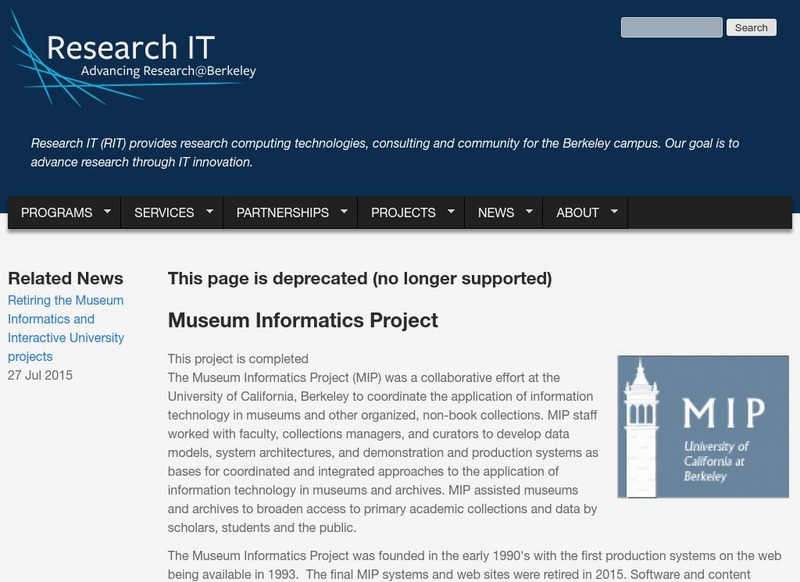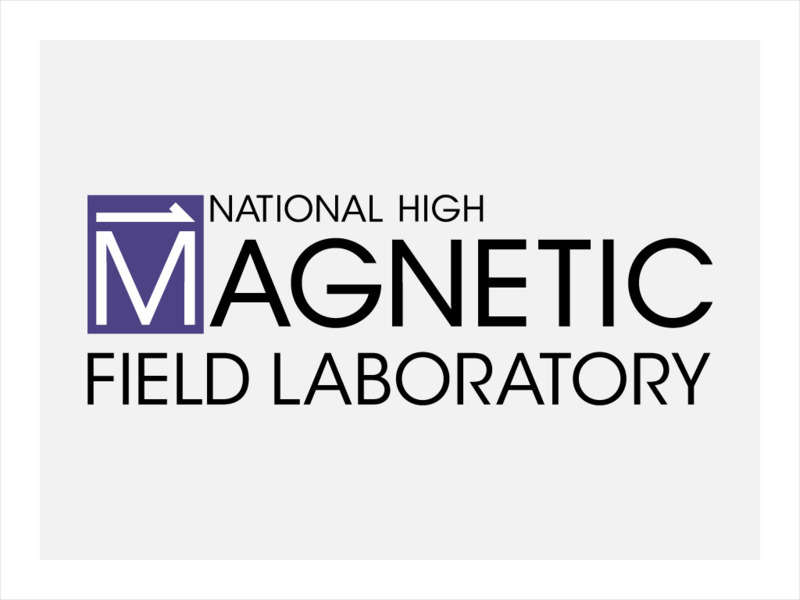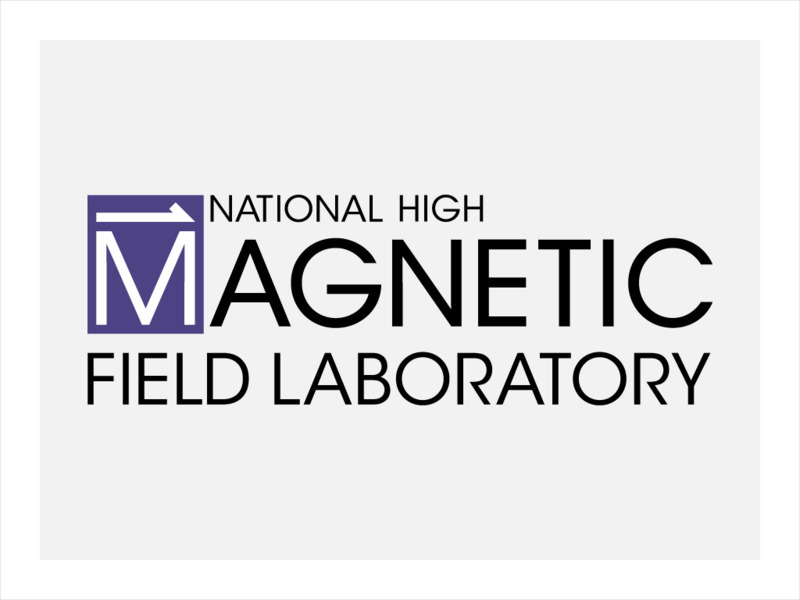National High Magnetic Field Laboratory
Magnet Academy: Oscillator
Oscillators are a type of circuit found in many types of electronic equipment, including clocks, radios and computers. (Java tutorial)
National High Magnetic Field Laboratory
Magnet Academy: Lee De Forest
American inventor Lee De Forest was a pioneer of radio and motion pictures. He received more than 300 patents over the course of his lifetime, the most important of which was for a three-electrode vacuum tube, or triode, that he called...
Math Science Nucleus
I. Science Ma Te: Integrating Science, Math and Technology
This site offers a wealth of online textbook-related materials that encourage the discovery of science in the world around us. Enter the site to access material on specific topics. Each section contains reading material (complete with...
Other
Arbor Scientific: Haunted Laboratory: Halloween Physics
This resource presents a collection of experiments for the science classroom that focuses on physics concepts for Halloween. Activities include mirror ghost with a concave mirror, apple oscillators with pendulums, and a pumpkin pendulum....
Dartmouth College
Dartmouth College: P H Meter Analog
Use this site to find out what a pH meter is and how to use it in this informative and concise site.
Dartmouth College
Dartmouth College: Digital P H Meter
This site explains how a digital pH meter uses an electrode to measure the pH of a solution Find out how to use this instrument in this informative site.
Dartmouth College
Dartmouth College: Pipet
A concise but informative explanation of what a pipet is and how to use a pipet bulb.
Dartmouth College
Dartmouth College: Top Loading Balance
Use a top loading balance to weigh solid material when a precision of 0.1 is adequate. Find out how to operate this instrument in this concise site.
Science Education Resource Center at Carleton College
Serc: Mn Step: Study of Student Precision Using Volumetric Glassware
This activity is an exercise in using various lab equipment for measuring the volume of a liquid. Data is recorded on a spreadsheet and analyzed to see which tool offers the greatest precision.
University of California
University of California Berkeley: Charging an Electroscope by Induction
From the U.C. Berkeley Physics Lecture Demonstrations website. A thorough description of an activity in which a charged metal plate is used to charge an electroscope by induction. Complete directions and a diagram of the equipment and...
Science Struck
Science Struck: Uses of Crucible Tongs
Discusses what tongs are used for and why crucible tongs are a very important tool in a laboratory and other settings. Describes the different types of crucible tongs, their uses, and some safety tips.
TeachEngineering
Teach Engineering: Simple Coulter Counter
Students build and use a very basic Coulter electric sensing zone particle counter to count an unknown number of particles in a sample of "paint" to determine if enough particles per ml of paint exist to meet a quality standard. In a lab...
National High Magnetic Field Laboratory
Magnet Academy: Mass Spectrometry: How to Weigh an Atom
It's hard enough to weigh something as itty bitty as atoms or molecules. Factor in that they're careening by faster than Jeff Gordon on steroids, and you get an idea what scientists are up against. Using comet particles from NASA's...
National Health Museum
Access Excellence: Wolf Pack in a Bottle: Dna Simulation
This lesson plan can be used to illustrate the principle of electrophoresis without the equipment. Paper chromatography can be used to separate dye just like electrophoresis will separate DNA. The lab also covers DNA analysis for an...
National High Magnetic Field Laboratory
Magnet Academy: Mass Spectrometer (Dual Sector)
Mass spectrometers are machines that give scientists a look at the composition and origin of a material by analyzing and quantifying its atoms and molecules. This tutorial shows how a dual sector mass spectrometer works. (Java tutorial)
National High Magnetic Field Laboratory
Magnet Academy: Mass Spectrometer (Single Sector)
Mass spectrometers are machines that give scientists a look at the composition and origin of a material by analyzing and quantifying its atoms and molecules. This tutorial shows how a single sector mass spectrometer works. (Java tutorial)
Physics Aviary
Physics Aviary: Timing Challenge
Students must show that they can successfully time an event using a hand held stopwatch.
National High Magnetic Field Laboratory
Magnet Academy: Mass Spectra
The mass spectrum of a material, deduced using a machine called a mass spectrometer, reveals how many isotopes of a given element are to be found in the material. See here what these spectra look like and how they are useful. (Java...
Science Struck
Science Struck: The Numerous Uses and Methods of Using a Petri Dish
Learn about the important role the petri dish plays in enabling the study of microorganisms, some of its uses, and how petri dishes are used.
Science Struck
Science Struck: What Is a Buchner Funnel? Setup, Structure, and Uses
Learn what a Buchner funnel is, how it works to filter solids from liquids, and some of its applications.
Other popular searches
- Identifying Lab Equipment
- Science Lab Equipment
- Lab Equipment Quiz
- Basic Lab Equipment
- Chemistry Lab Equipment
- Using Lab Equipment
- Lab Equipment Worksheet
- Classroom Lab Equipment
- Use of Lab Equipment
- Biology Lab Equipment
- Science Lab Safety Equipment
- Chem Lab Equipment












